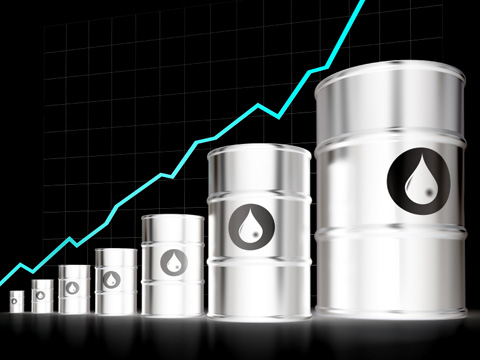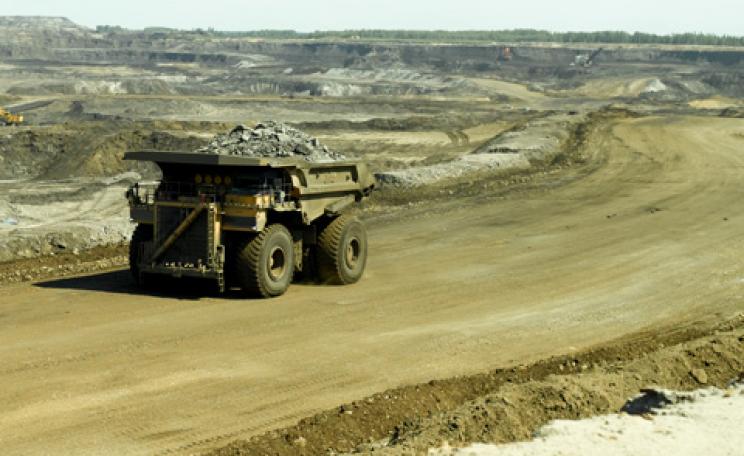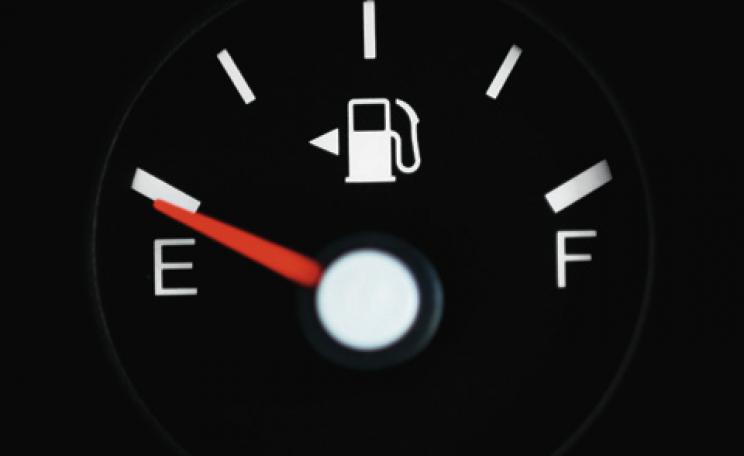UK officials admit they don't know who to believe on peak oil and when it is going to happen
Two years ago, the British government was still confident that oil reserves were abundant enough to meet rising demand until at least 2030.
In other words, we should not worry. This cheerful message relied on the contested assessments made by the Paris-based International Energy Agency (IEA).
However, ever since numerous academic studies and industry reports have demonstrated that sometime within this decade global oil production will start to decline. In short, we are about to reach Peak Oil, and we are completely unprepared. Brace for impact.
Who to believe?
To its credit, the British government, through the voice of the Department of Energy and Climate Change (DECC), has recently changed its previous position. DECC now admits that, 'we don’t know what the future of supply and demand will be, but we do recognise the risks'
Is Peak Oil happening next year or in 20 years? DECC just doesn’t know who to believe.
As a student working on this topic, earlier this year, I was able to meet officials of DECC and a team of experts from the European Commission’s Energy Directorate-General. Those are the ones in charge of securing our energy supplies.
You will be glad to learn that DECC doesn’t have the capacity to make its own assessments on oil production, or so I was told. Our societies may be totally dependent upon a finite resource, but the government has no idea when it will start to decline. This has a name: irresponsible behaviour.
Oil shock risk
During the discussion, the head of DECC’s team eventually admitted that, 'obviously, there is an issue' on Peak Oil. In fact, when I mentioned the possibility of having a shortfall of 10 million barrels per day (MBD) by 2015, as recently warned by the US Joint Forces Command, they didn’t deny it could happen.
If a decline of 10 MBD seems too abstract, just imagine what would happen tomorrow if a coup was to take place in Saudi-Arabia, shutting down its entire oil production: a global catastrophe.
Still, they seemed to believe that only an oil shock could force us to reduce our oil-addiction. They may be right, but shouldn’t we try something else? As always, the poor will be the most severely affected by such a crisis. But make no mistake the rich will be hit too. DECC’s recent decision to enact a £34m cut in low-carbon tech programmes is clearly reckless.
Alas, the situation at the European Commission’s Energy directorate-general is not better. When I asked them why they were not making their own assessments on Peak Oil, they replied that they did not want to give a precise date, and risk being wrong. I was stunned.
That the US could want to influence the IEA as revealed by whistleblowers is not impossible to imagine as it contributes to about half of its budget. Call me naïve if you want but, if the IEA claims to be independent and objective, this cannot be tolerated.
A market not supply problem
Except for one official of the European Commission team, out of the six present, they all believed that, somehow, the market will solve the problem of Peak Oil. The irony? The concerned senior energy economist, used to work for Exxon Mobil, a leading Peak Oil denier.
How do the others expect the market to solve Peak Oil?
As production declines and tensions appear, oil prices will rise, boosting investments in renewables, (climate unfriendly) unconventional oil and energy efficiency. In appearance, it could, but mainstream economists fail to understand a key element: Oil shocks lead to economic recessions. They always do.
Prices will rise, but at some point they will push the economy into a recession and perhaps even a depression. Then, demand will decline, as will prices and any incentives to make these vital investments a reality. What we will see is huge price volatility, a nightmare for any energy investors. A self-destructive cycle of oil shocks followed by recessions could be the new paradigm.
The market alone cannot solve Peak Oil.
What I witnessed during these meetings was a lack of courage, pervasive wishful thinking and a frightening level of complacency.
An unanticipated decline in global oil production will have severe effects on our oil-dependent societies. Regrettably, around 95 per cent of transportation still relies on oil and our food production and distribution systems are totally dependent upon this non-renewable resource.
Failure to understand the issue and act now will result in a dramatic energy famine. I cannot accept that, and neither should you.
| READ MORE... | |
 |
NEWS ANALYSIS How a 22-year-old student uncovered peak oil fraud Lionel Badal was working on his undergraduate dissertation when he suddenly found himself privy to information that he knew must be made public |
 |
INVESTIGATION Will high petrol prices help the environment? High petrol prices mean less demand and less pollution, right? Not necessarily, finds Mark Jansen. Our relationship with our cars is far more complex... |
 |
COMMENT Food riots will mark the end of oil The end of the oil age won't be a pretty thing, but a new report by Deutsche Bank suggests it could be even uglier than we feared... |
 |
NEWS ANALYSIS Peak oil before 2020 a 'significant risk', say experts A new report highlights how woefully unprepared the Government is for a looming peak in oil production |
 |
COMMENT Face up to natural limits, or face a 1970s-style energy crisis None of the various technofixes on offer alter the fact that humanity has to learn to stop living on the last drops of cheap energy, and to start living within its means |






